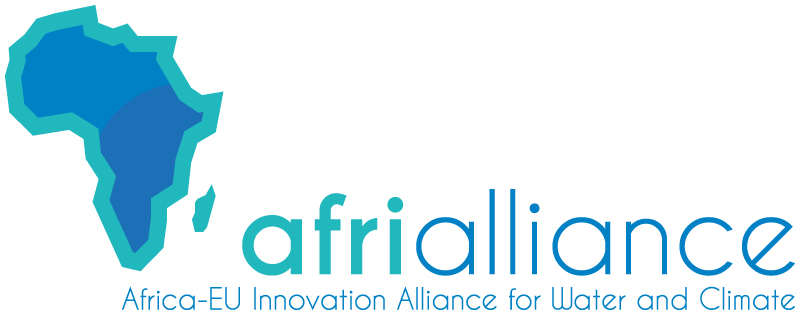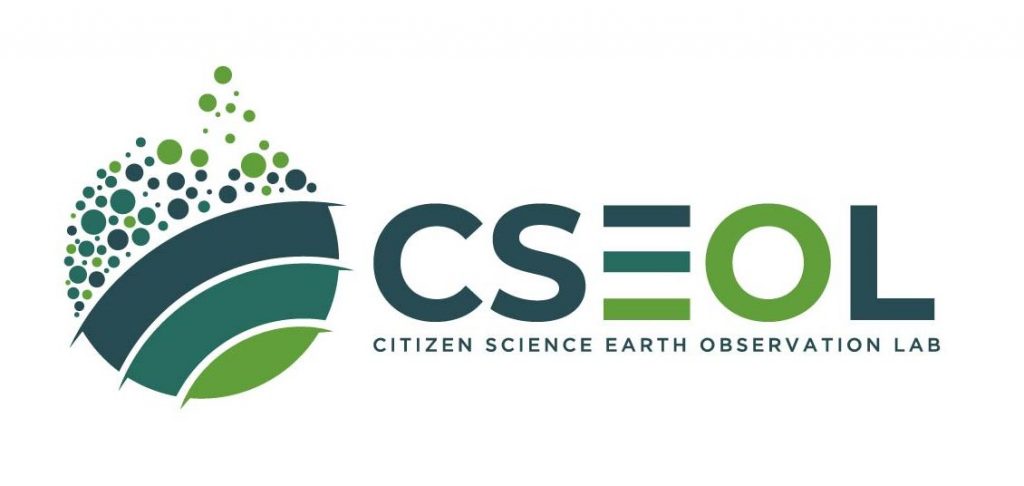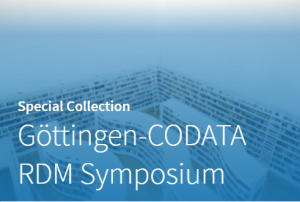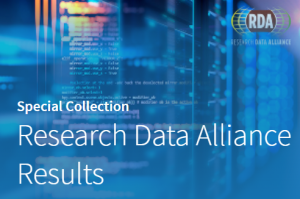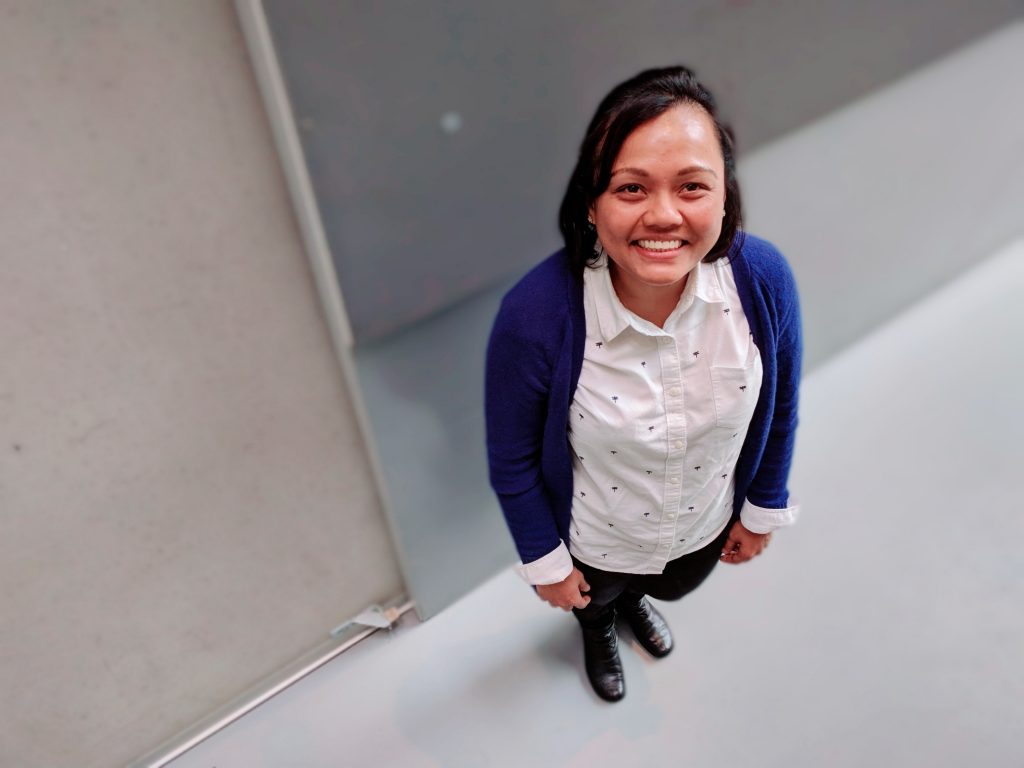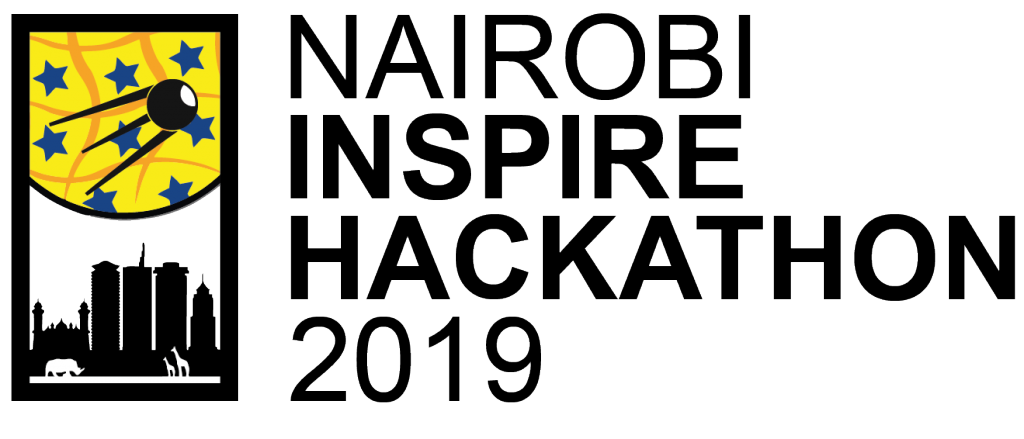 A Hackathon and Ideathon for Sustainable Africa
A Hackathon and Ideathon for Sustainable Africa
The IST-Africa 2019 conference, supported by the European Commission (EC) and the African Union Commission (AUC), addresses a series of societal challenges.
The Nairobi INSPIRE Hackathon 2019 is a contribution to the joint efforts to solve these challenges. The hackathon addresses some of the key topics identified by the IST-Africa conference, such as agriculture, environmental sustainability, collaborative open innovation and ICT-enabled entrepreneurship.
The Nairobi INSPIRE Hackathon 2019 is one of the satellite INSPIRE hackathons. The hackathon is organised in the frame of the IST Africa 2019 Conference. The hackathon is a collaborative event organised by Plan4all and Club of Ossiach associations and EU projects including EO4Agri, DataBio, NextGEOSS, EUXDAT, PoliVisu and AFarCloud.
DATES
The hackathon starts in March 2019 by creating hackathon teams. The hackathon will then run remotely until the event held on 10 May 2019 in Nairobi where the hackathon results will be presented within a workshop at IST Africa starting at 9am.
VENUE
The hackathon consists of two parts including:
- a virtual period: The teams will work virtually led by the team mentors. Membership and participation in this part is open to all. There will be educational webinars during the virtual hackathon to facilitate the progress/collaboration.
- a workshop (attendance optional for team members/participants) which is the closing event of the hackathon where the results of the hackathon will be presented. The workshop will take place in Laico Regency Hotel, Loita Street, Nairobi, which is located in the city centre. For more details, please visit the IST Africa website.
GOAL
The goal of the Nairobi INSPIRE Hackathon 2019 is to build and strengthen relationships between several EU projects and African communities. This hackathon is not a competition. The focus is on building relationships, making rapid developments and collecting ideas for future research and innovation.
TEAMS & MENTORS
The Nairobi INSPIRE Hackathon 2019 is organised using an unconventional approach, tailored to cater for cross-continental collaboration.
The hackathon starts with a set of predefined projects. Each project has a mentor (see the list of projects and mentors below). The participants of the hackathon can choose to work on any of the predefined projects. In this way, teams will be built to collaborate on the projects.
The mentors will organise the work and are responsible for the communication in the project teams and will act as team leaders.
The projects and their mentors for the Nairobi INSPIRE Hackathon 2019 include:
REGISTRATION
In order to participate in the hackathon, please register at https://goo.gl/VME2ZG
You can join the teams mentioned above at any time between now and the end of April 2019. The registration is open to anyone from anywhere in the world as most of the hackathon is done virtually.
In case you will participate at the hackathon workshop within IST-Africa in Nairobi (10 May 2019), you need to register for the IST-Africa Conference itself.
TIMELINE
- 6 March 2019 – start of the hackathon, registration opens
- (Beginning of April TBC) – a series of webinars introducing the teams and their progress. There are educational elements in these webinars.
- 1-7 May 2019 – preparing presentations for the workshop in Nairobi
- 10 May 2019 – presentation of the hackathon results at the workshop in Nairobi
ORGANISERS

